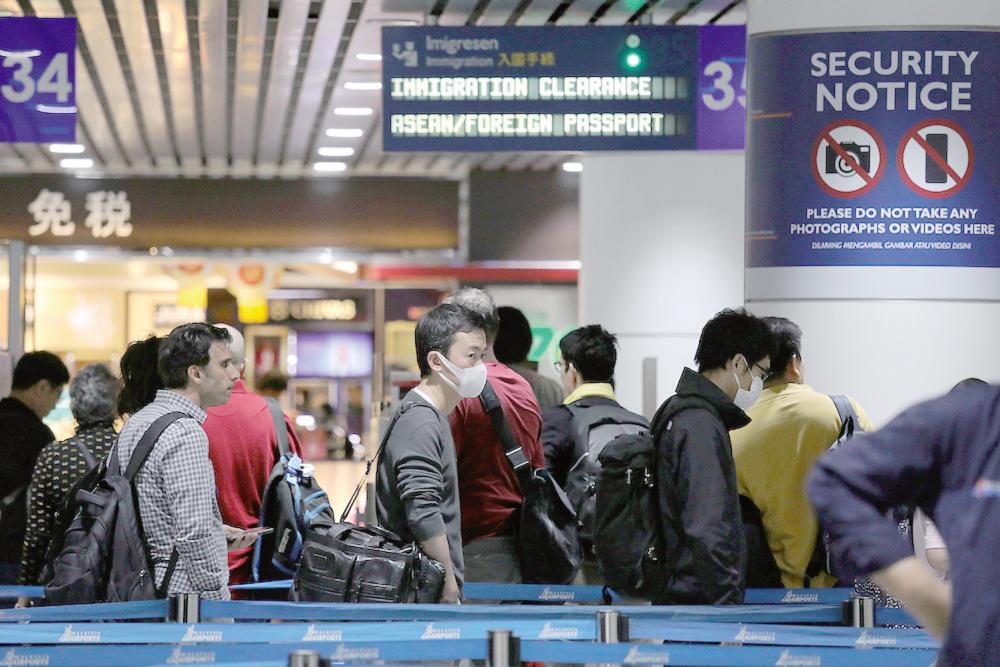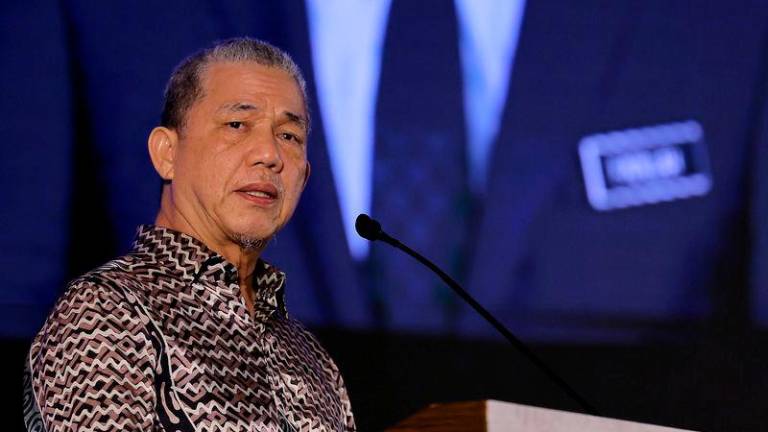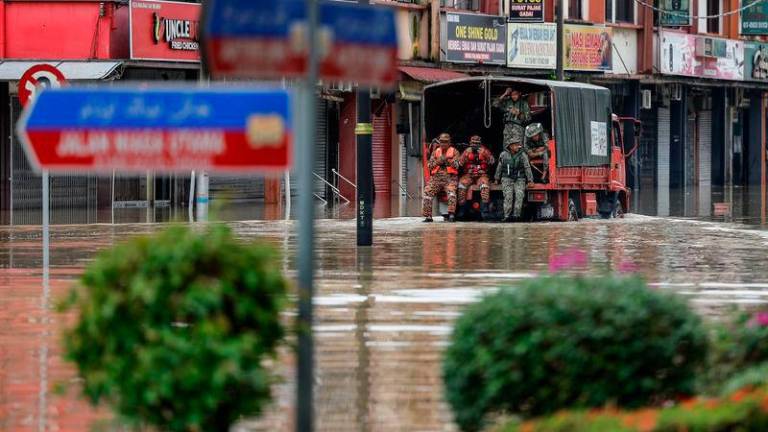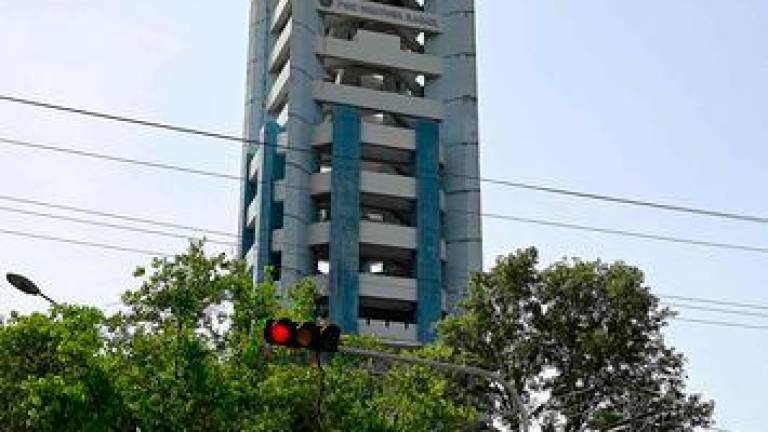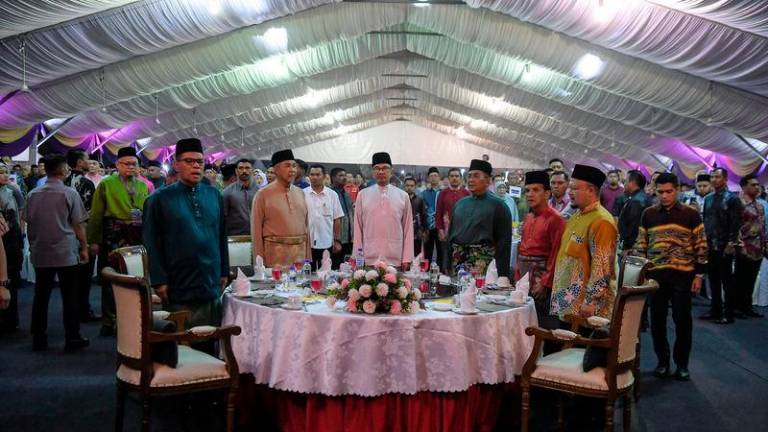PETALING JAYA: A stimulus package is slated to be announced on Feb 27 as a move to combat the impact from the Covid-19 outbreak, after Malaysia’s 2019 economy saw its weakest growth in the past 10 years.
In a bid to stem the economy from sliding into a sharp moderation, effective stimulus measures have to be introduced as the affected businesses need immediate strong catalysts to ride through this difficult period.
BIMB Securities Sdn Bhd economist Imran Nurginias Ibrahim told SunBiz that the stimulus package should consist of broad-based policies, including for selected sectors, projects and the people to help support the economy.
Sector-wise, Imran said the badly hit services and tourism should be the targets. In terms of infrastructure and construction projects, he said a faster pace of implementation is needed to help create more jobs, while its chain reaction will draw confidence to the economy.
For the general public, the virus outbreak will take a toll on domestic consumption as the people have been cutting down their visits to malls and public places.
“Last year, Bank Negara Malaysia (BNM) cut the Overnight Policy Rate (OPR) by 25bps but we’re not seeing the impact, as the fourth quarter GDP (3.6% in Q4, 4.3% in 2019) pointed to the lowest in a decade. It shows that the impact of an interest rate cut is not helping at the moment,” said Imran.
BNM has since lowered the OPR by another 25bps to 2.75% last month.
Nonetheless, Imran cautioned that excessive fiscal stimulus may affect Malaysia’s fiscal deficit target due to financial constraints. Furthermore, he said the country’s debt may increase further.
The fiscal deficit target is 3.2% of GDP for 2020, while the debt-to-GDP ratio stood at 62.6% as at end-December 2019.
“Any fiscal stimulus package by the government will likely be very limited because of the debt constraints,” OCBC bank said in its special report.
“While we acknowledge that the government will likely step up its spending shortly to support the economy, it will mainly involve a reaffirmation of projects that have already been approved under its budget,” said KAF Equities in its construction flashnote.
KAF said even the much touted East Coast Rail Line has not moved into high gear, with tenders for major work packages under Section B yet to be rolled out despite its funding already being in place.
Meanwhile, TA Securities predicted some of the measures to be announced are a freeze on tourism tax, voluntary reduction in EPF’s employee contribution, as well as allowing deferment in loan repayment in the selected sectors.
“We expect the government to increase promotion and marketing initiatives for domestic and inbound tourism in order to make sure that our target of 30 milllion tourist arrivals this year is achievable. This may also include easier visa requirement for Indian tourists to cover shortfalls of tourists from China. Under the 2020 Budget allocation for the tourism sector, RM140 million is for advertising and promotions.
”As the government needs to spend more to boost the economy with the current environment of challenging economy, we opine a more relaxed fiscal deficit constraint from the -3.2% target for this year to be slightly higher,” said TA in its economic update.
UOB said the government will need to balance the necessary expenditure measures against lower government revenue as Brent crude oil slides to US$55 a barrel (against the 2020 budget assumption of US$62 a barrel) as well as lower sales and service tax receipts.
“For every US$1 a barrel drop in oil prices, it would translate into a RM300 million decline in oil revenue for the government. Thus, we expect the fiscal package could potentially comprise a combination of direct spending by federal government, special relief funds from other institutions, and tax measures to assist the hardest-hit sectors. The measures could also include assistance to alleviate cash flows and lower costs for the affected sectors.”
Some banks have announced a moratorium of up to six months on interest payments for individuals and businesses affected by the outbreak on a case-to-case basis.
Proposed measures by industry players so far ...
1 Suspension of implementing the new mandated RM1,200 minimum wage in 56 city and municipal councils (which took effect on Feb 1, 2020)
2 Suspension of mandatory contribution to funds such as Employees Provident Fund, Employment Insurance Scheme and Human Resource Development Fund by Covid-19 affected sectors
3 Double tax deduction for retaining employment
4 Reduction or waiver of tourism tax of RM10 per room per night charged for 2020
5 Reduction or waiver of departure levy of between RM8 and 150 for 2020
6 Exemption of service tax for Malaysians who help boost domestic tourism
7 Cuti-cuti Malaysia Promotion and Fair by Matta on April 4-5, 2020
8 Temporary waiver for licensing, levy and permit fees payment including road tax for affected sectors
9 Conversion of electricity tariffs for tourism-related sector from commercial rate to industrial rate
10 Special allowances and health screening assistance for companies organising conferences, meetings and fairs in Malaysia
11 Bank Negara Malaysia to set up a special fund to provide financial assistance to affected industries
12 Loan rescheduling and restructuring and/or moratorium on loan repayment by banks
13 Reduction in employees’ EPF contribution to boost private consumption
14 Increase and extend the e-wallet initiatives
15 Allowance or subsidy for affected industries to do inspection until the Covid-19 outbreak recedes
Source: UOB



